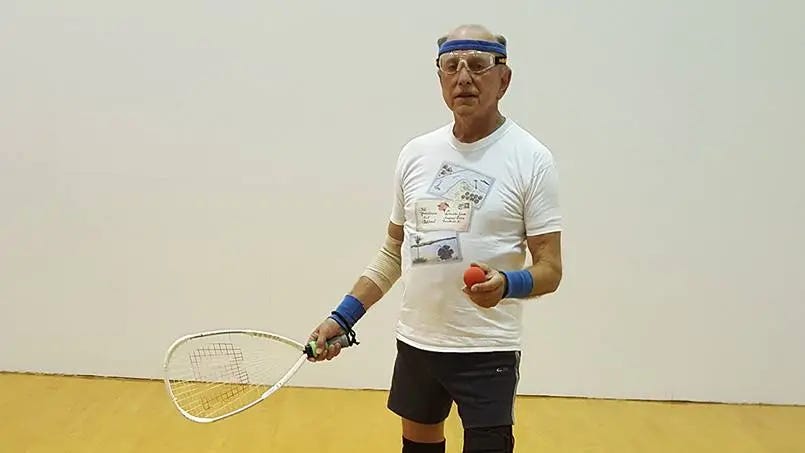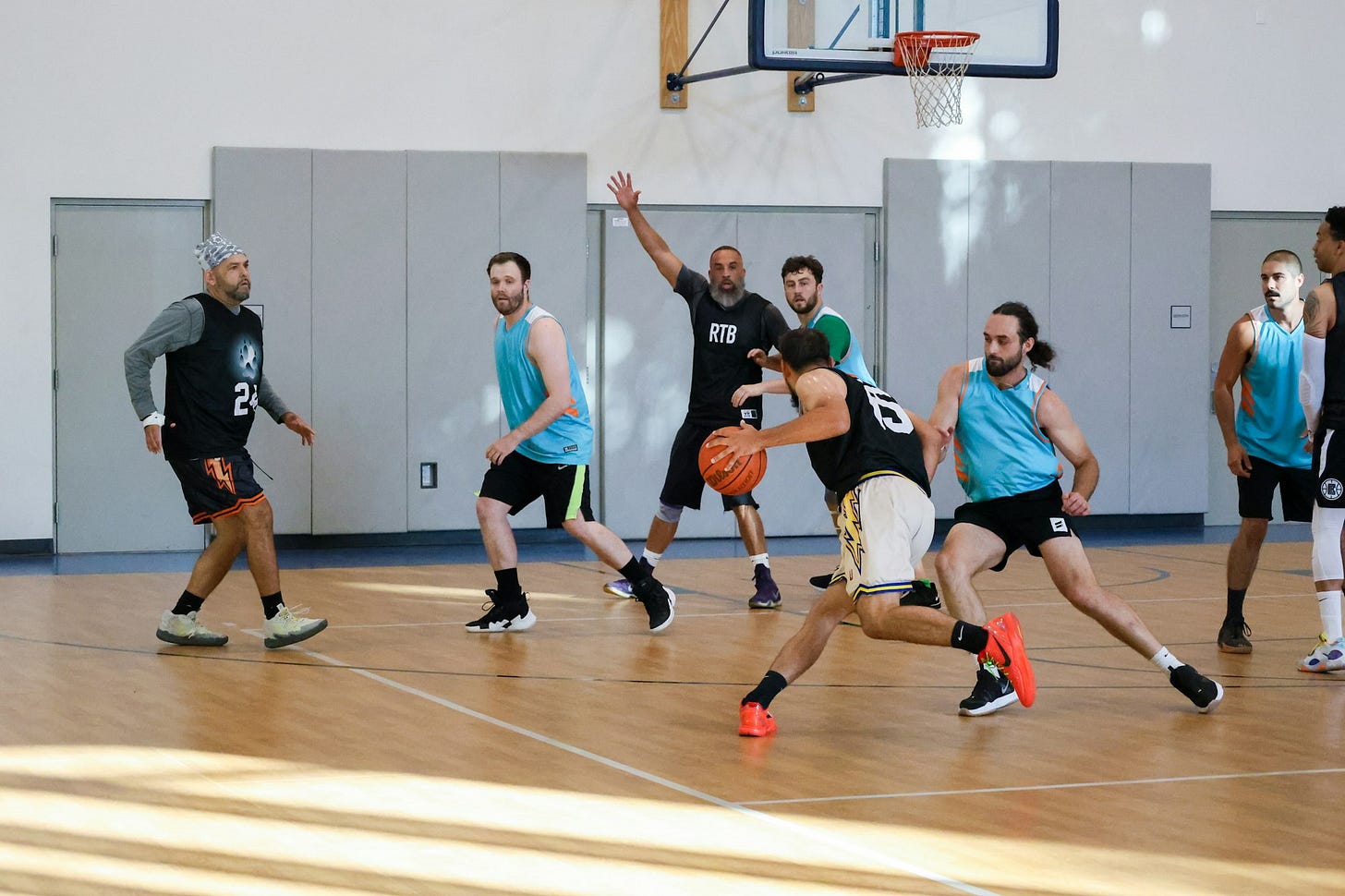My fellow PTs and I were trained to know the origin and insertion points of all the (more than 600) muscles of the human body as well as their actions when contracted and how to stretch them optimally. But, if we zoom out to the big picture, what’s the bottom line for long-term health from a physical therapist’s perspective?
I polled five Doctor of Physical Therapy friends of mine with a combined 100 years of experience, some at the most prestigious hospital systems in the US. They were limited to just two bullet points to offer their best advice for keeping the body healthy through the lifespan. You might be surprised that not all of their physical therapy advice is, well, physical.
1. “20 Minutes of Cardio a Day Keeps the Doctor Away”
But, physical stuff first. It’s no surprise that my most experienced contributor, Marc, with over 40 years under his belt, urges a minimum of 20 minutes of cardio per day as a holy grail of health. Walking, biking, rowing, and skiing are all fair game. Attention to joint position was his second bullet point. He recommends everyone correct their posture and body mechanics regularly throughout the day and over time. Joints also need to move through their full range (think opposite of slumped in desk position). Joints are made to move!
Marc, age 78, is an avid exerciser with an impressive resume. He has been Director of Orthopedics and Sports Medicine for the country of Bahrain and worked the 1988 Olympics in Seoul. He regularly performs pull-ups, sit-ups, and push-ups, completing an incredible total of 108 pull-ups on his recent 78th birthday. (We think Marc needs a future article dedicated only to him. Stay tuned.)
2. “Don’t Wait To Focus On Wellness”
Darshil has developed some wise warnings after treating patients for over 13 years. It sounds basic, but, “you simply cannot stop moving as you age.” Darshil’s participation in basketball and running races, up to marathon distances, shows he lives out his wisdom. “If you don’t make time for your wellness habits now, you’ll be forced to make time to treat your illness in the years ahead.” It’s more difficult to treat impairments after the fact, so if you have the chance, make healthy changes now!
Darshil owns a physical therapy practice in Chicago specializing in orthopedic and neurologic conditions. He is constantly expanding his body of knowledge and skills, and you can track him down HERE.
3. “Live Your Golden Years To The Fullest”
Beth, with 30 years of experience, urges that people don’t realize just how much life you can miss out on if you aren’t proactive now regarding strength and flexibility. She recommends you find any physical activity you like “or can tolerate” like walking, dance, or pilates. She’s seen too many cases of pain and mobility loss lead to decreased overall quality of life. This is especially disappointing during the golden years which are meant to be savored and which you’ve likely worked hard to get to.
Beth shines as a professional, caregiver, and human being. She’s worked across the United States in multiple physical therapy settings. She’s currently enjoying teaching at Stanford’s anatomy cadaver lab.
4. “Buddy Up”
Laura, who has specialized in neurologic populations for the last ten years, stresses that having an exercise accountability partner will help you keep your habits going while adding a dose of joy and stress relief. Also, “Not everyone is meant to be a runner! There are a lot of activities you can choose between running and nothing.” Pick anything. Used to love ballet? Try a dance class. Or maybe you’ve always wanted to check out kickboxing. As long as you’re moving, there are no wrong answers here.
Laura works at the number one rehab hospital in the country, mostly with neurological populations. She typically commutes by bike six miles daily and participates in regular yoga, demonstrating her faith in the lifestyle she preaches.
5. “Eat Real Food & Connect Deeply”
On the buddy note, Erika, a pelvic health specialist, with over nine years of experience, glosses over the exercise part altogether. She advises that hearty human connection and eating real foods are what we truly need most to avoid illness and physical decompensation.
Erika is a passionate clinician who also teaches pelvic floor courses. She loves walking her fur baby, Bruce, eating, and socializing. Go figure.
To summarize, move your ass daily and in any way you choose. Cultivate joy and stress relief, don’t stop moving preferably to the end range of each joint, and bring a friend. Oh, stand up straight too. Every day. Forever. Easy, right?
Thank you to my PT friends who are always up to collaborate, share knowledge and expertise, and make things a bit brighter for all. We are a do-gooding bunch if I do say so myself.








